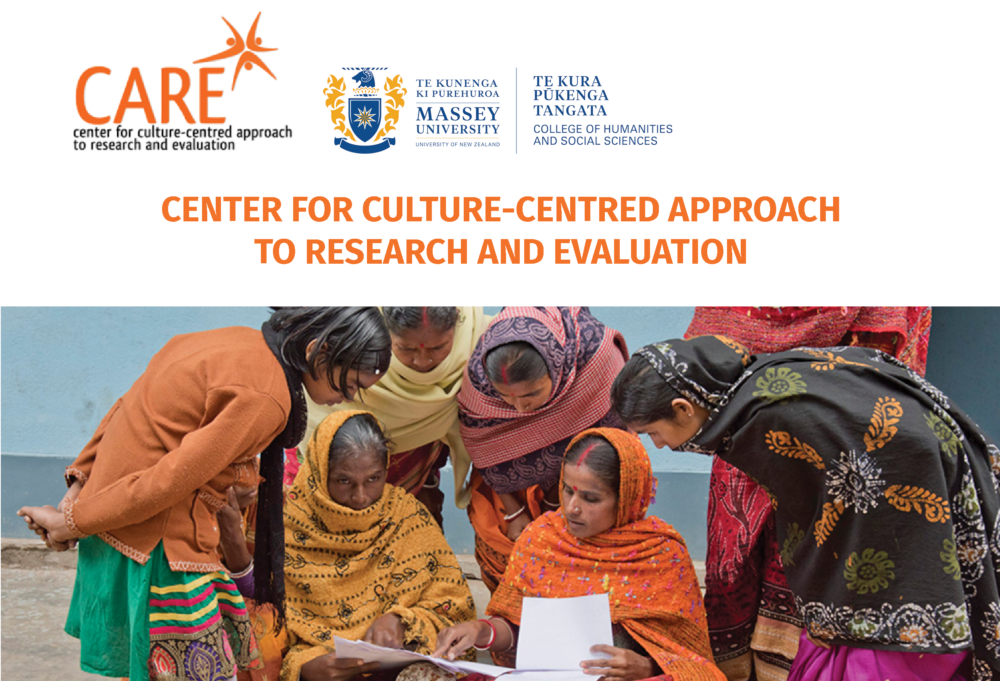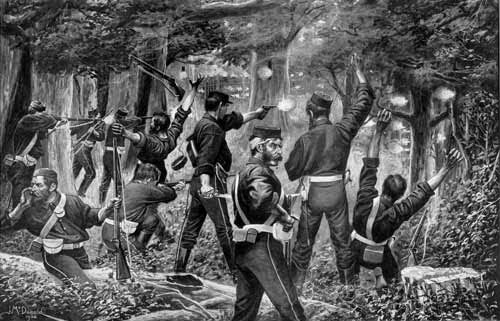The colonial roots of the modernist framework of free speech is embedded in hegemonic constructions of civility.
Inherent historically in the idea of free speech is the marking of communicative space, shaped in the ambits of colonial power.
Free speech and colonialism are co-constitutive.
The freedom to speak historically belonged to the White colonial master, even as the colonized were systematically and often violently erased from the spaces and sites of articulation. Marked as the “other” of civility, the colonized belonged outside the public sphere, outside the domains of civil society.
White colonial societies reproduced the image of the primitive savage to erase colonized voices even as they celebrated emancipatory ideas of free speech.
The freedom of speech thus was a privilege of White colonialists while colonized savages, the other of modernity, were systematically erased from spaces of participation. As colonized voices started emerging in resistance, the colonialists reproduced laws of sedition that marked the colonized as terrorist, as threat to the security of the colonial occupation. This communicative inversion is fundamental to the modernist production of free speech.
The White colonial history of free speech continues to play out in contemporary contexts of settler colonialism and indigenous resistance to settler colonialism.
While indigenous resistance that fundamentally resists ongoing forms of colonial occupation continue to be marked as criminal, White colonialists deploy the trope of free speech to denigrate indigenous culture, language, and ways of life. Inherent in the deployment of free speech is the play of power.
This interplay of free speech and White settler colonialism is in display in the recent unfolding of the free speech debate at Massey University.
When the Massey University Vice Chancellor Jan Thomas cancelled a speaking event by the opposition politician Don Brash citing concerns over security, the University came under attack for the apparent violation of the principle of free speech.
In her response, Professor Thomas reiterated the security concerns for the University, and also noted:
“Mr Brash’s leadership of Hobson’s Pledge and views he and its supporters espoused in relation to Māori wards on councils was clearly of concern to many staff, particularly Māori staff…In my opinion, the views expressed by members of Hobson’s Pledge come dangerously close to hate speech. They are certainly not conducive with the university’s strategy of recognising the values of a Tiriti o Waitangi-led organisation.”
Subsequently, internal emails secured through the Official Information Act by blogger David Farrar seem to suggest that Thomas didn’t want “a Te Tiriti led university be seen to be endorsing racist behaviours.”
Social media responses in the White mainstream reiterate the free speech rhetoric to demand the resignation of the Vice Chancellor.
Many academics, once again mostly White, and ensconced in White colonial privilege, are upset about this violation of free speech.
Essential to this culture of White colonial performance of free speech is the erasure of questions of power and colonialism.
That the freedom of White colonialists to reproduce settler colonial depictions of indigenous people as backward is fundamentally a form of violence that violates the basic right to dignity of colonized peoples offers a very different anchor to the free speech conversation.
The privilege to speak freely is precisely the trope through which White settler colonialists continue to assert their racist power of erasure.

